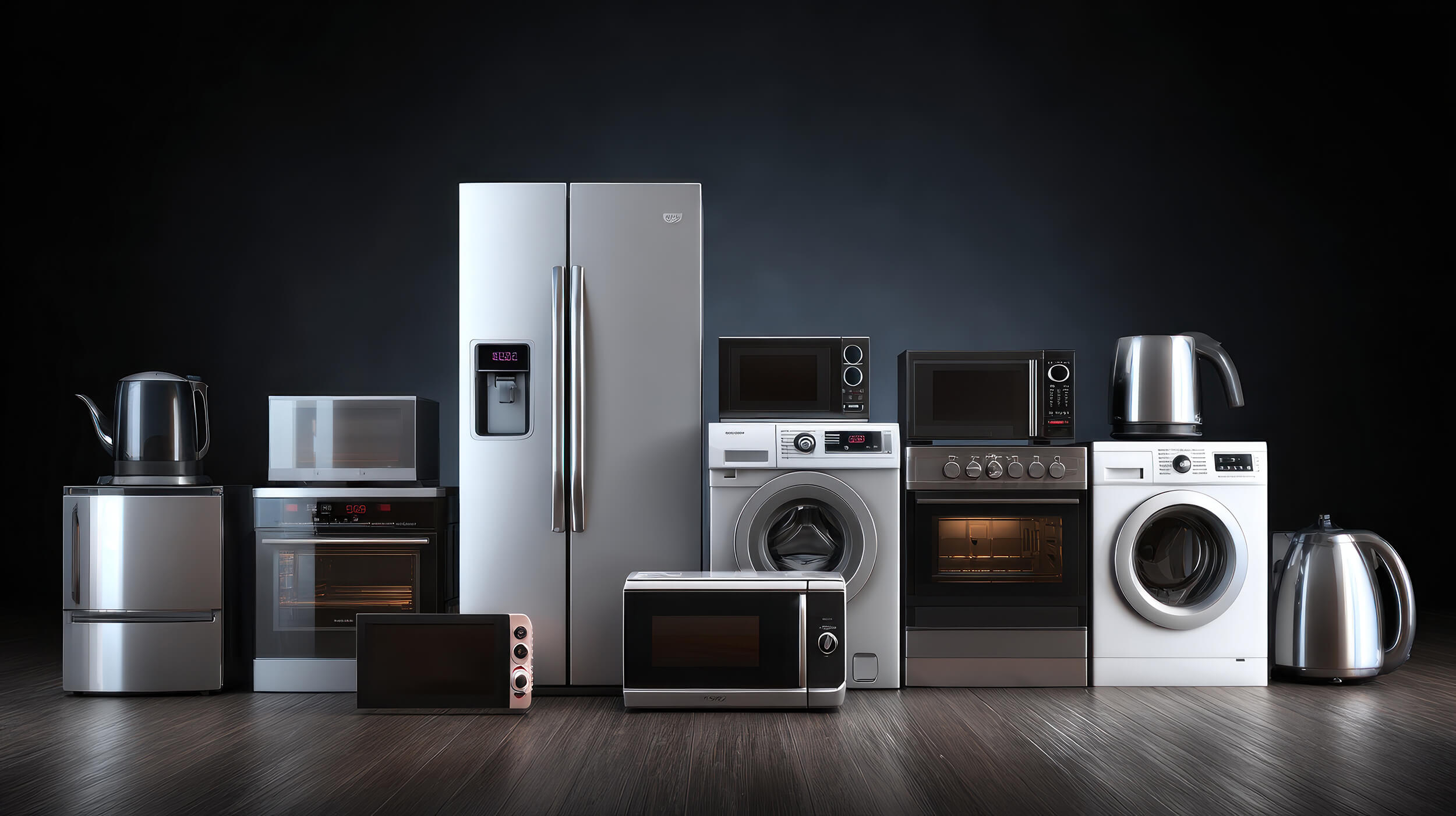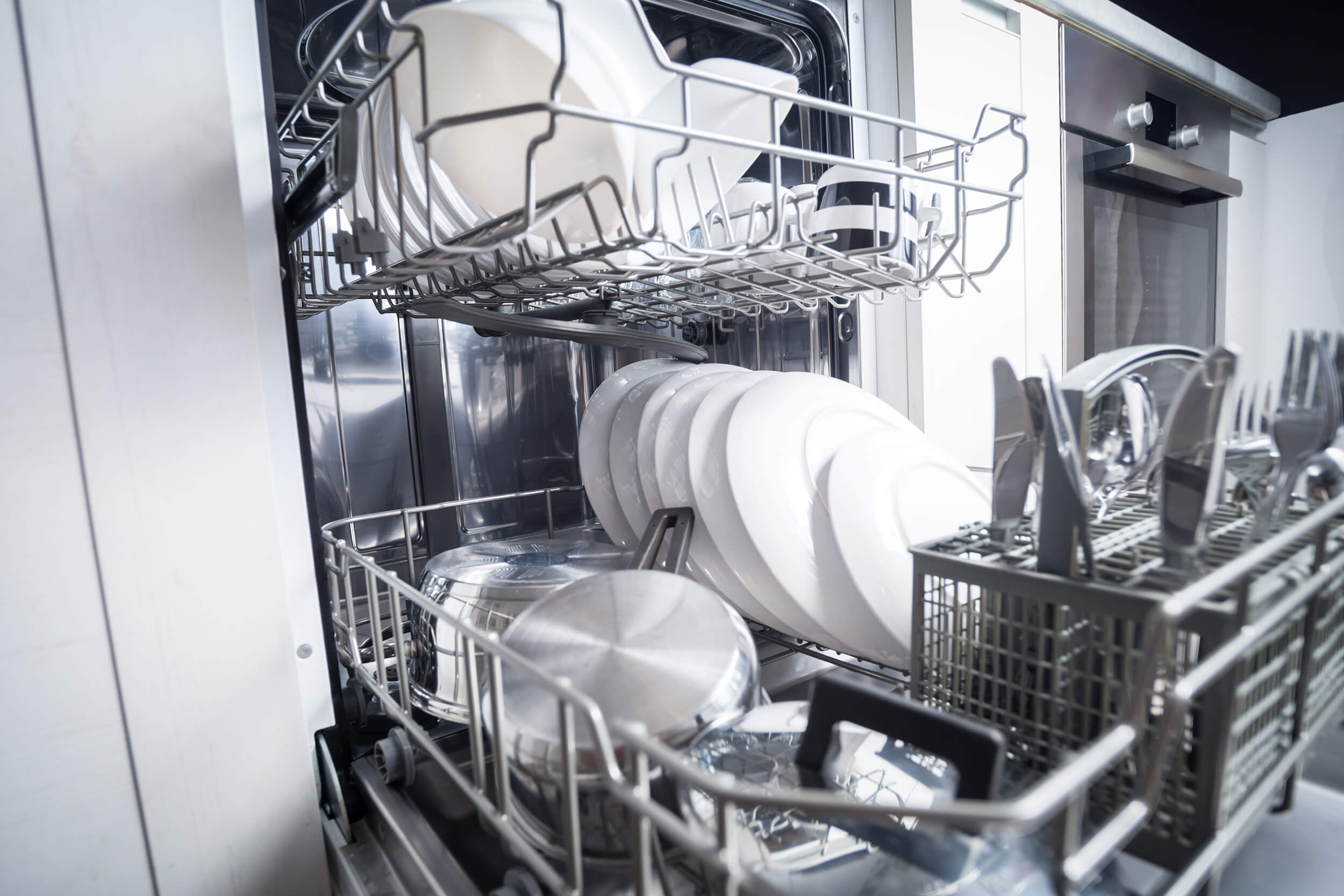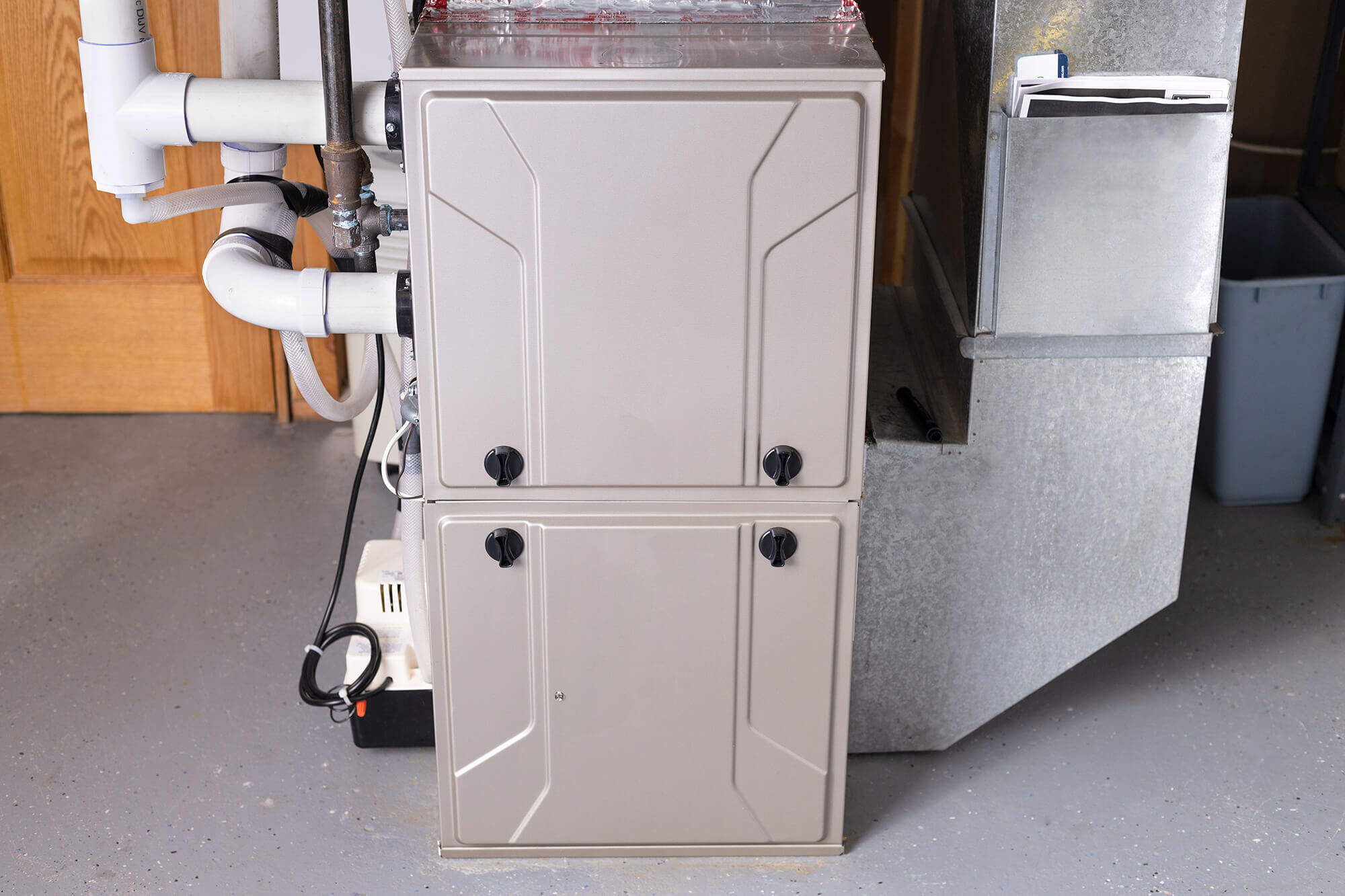Last Friday, updated federal efficiency standards for residential boilers took effect. The amended standards, which the Department of Energy (DOE) finalized in 2016, will provide savings for many consumers in cold climates. However, higher efficiency levels are possible which could achieve significantly larger energy savings.
Boilers heat water to provide either hot water or steam to heat a home. About 60% of the roughly 9 million homes that are heated by boilers are located in the Northeast. Homes in cold climates are facing especially high heating bills this year. The Energy Information Administration (EIA) is forecasting higher natural gas consumption than last year due to colder temperatures and greater demand for space heating (due to more people being at home during the COVID-19 pandemic). Due to this expected increase in natural gas consumption, EIA forecasts a 6% increase in average gas bills for homes that are primarily heated with natural gas compared to last winter despite lower natural gas prices. Energy-efficient heating appliances are important now more than ever to reduce consumers’ utility bills.
DOE estimates that the new standards will save typical purchasers of gas-fired and oil-fired hot water boilers about $380 and $650, respectively, over the life of the equipment. On a national level, for boilers sold over the next 30 years, the new standards will save consumers between $350 million and $1.2 billion. In addition, the standards will reduce CO2 emissions by 9.3 million metric tons cumulatively over the same period, which is equivalent to taking over 2 million cars off the road for a year.
The efficiency of boilers is measured by a metric called annual fuel utilization efficiency (AFUE), which refers to the portion of energy in the fuel that is converted to useful heat. The updated standards raise the minimum AFUE levels of gas-fired and oil-fired hot water boilers from 82% and 84% to 84% and 86%, respectively. Manufacturers can meet these standards by increasing the size of the heat exchanger; however, efficiencies of over 90% can be reached by using condensing technology. Condensing boilers extract additional heat by condensing the water vapor in the flue gases, which could reduce fuel use by an additional 6% to 16% relative to the standards that took effect on Friday.
Unfortunately, the Trump administration has attempted to block DOE from setting future standards for boilers (and other gas space heating and water heating products) at condensing levels with a midnight rule that would ensure that wasteful non-condensing technology remains on the market. The incoming Biden administration should promptly move to reverse this harmful rule.





